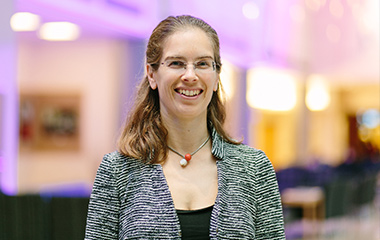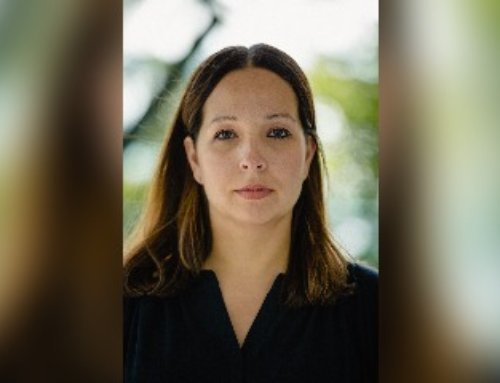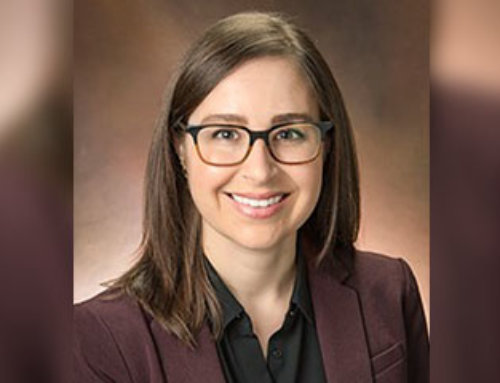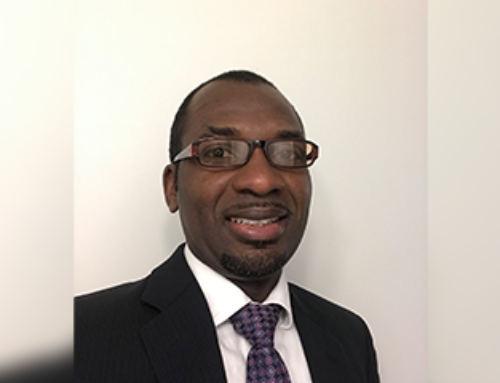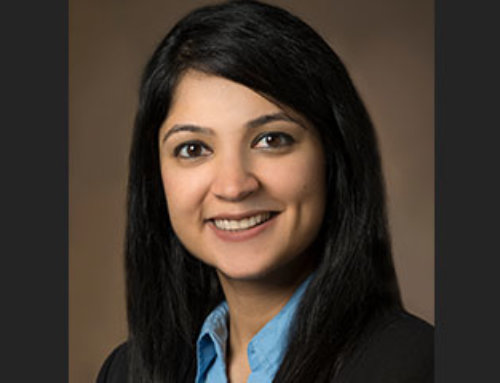2015 Strategic Research Award
Renée A. Shellhaas, MD, MS, chose to study the impacts of sleep physiology on newborn infants’ health and development after learning just how relevant complications were for both disabled and otherwise healthy children. She was surprised to learn that while sleep-disordered breathing (SDB) is pervasive among children with myelomeningocele, the most serious form of spina bifida, it is uncommon to assess neonatal sleep in current clinical practice.
For that reason, she applied for funding from the American Academy of Sleep Medicine Foundation (AASM Foundation) to expand the scope of her work to include newborns with myelomeningocele since this patient population is at risk for abnormal sleep physiology and for neurodevelopmental disability. Her research program is centered on neuromonitoring for infants who require neonatal intensive care. Her work to date suggests that sleep measures reflect newborn brain functional integrity.
Her project, “Sleep analysis in neonates with spinal dysraphism,” received a 2016 AASM Foundation Strategic Research Award. The goal of the project is to define the prevalence and severity of SDB in newborns with myelomeningocele and determine clinical risk factors.
“To date, no other study has systematically evaluated sleep physiology in neonates with myelomeningocele,” said Dr. Shellhaas, who is an associate professor of pediatric neurology at the University of Michigan in Ann Arbor, Michigan. “We anticipate that the preliminary data generated through this pilot study will provide the rationale for a larger, longitudinal study and eventually to interventions designed to optimize sleep in order to improve neurodevelopmental outcomes for this patient population.”
Evaluation of sleep in neonates who require intensive care is an emerging field, and Dr. Shellhaas expects that it will have a major impact on health and quality of life for affected children and their families. Since abnormal sleep is potentially treatable, the diagnosis of SDB in at-risk newborn infants could have a substantial, long-term impact on medical and neurodevelopmental outcomes.
“We hypothesized that many neonates with myelomeningocele have clinically significant sleep-disordered breathing,” Dr. Shellhaas said. “The data we collected will address key gaps in knowledge, and we anticipate that they will ultimately lay the foundation for a change in clinical practice.”
Dr. Shellhaas will be presenting the results of her AASM Foundation-supported research at the annual meeting of the Pediatric Academic Societies and at Sleep 2017. Currently Dr. Shellhaas is researching the relationships between neonatal sleep physiology, measured with EEG, polysomnography, and near-infrared spectroscopy (NIRS), and neonatal neurologic status as well as long-term neurodevelopmental outcomes.
Updated March 29, 2018


